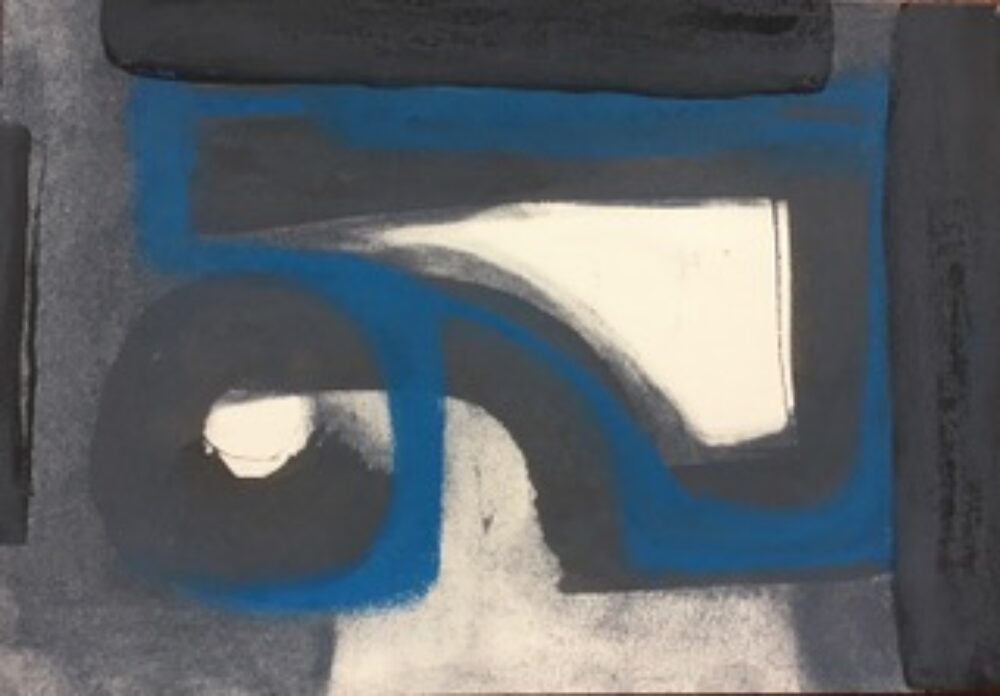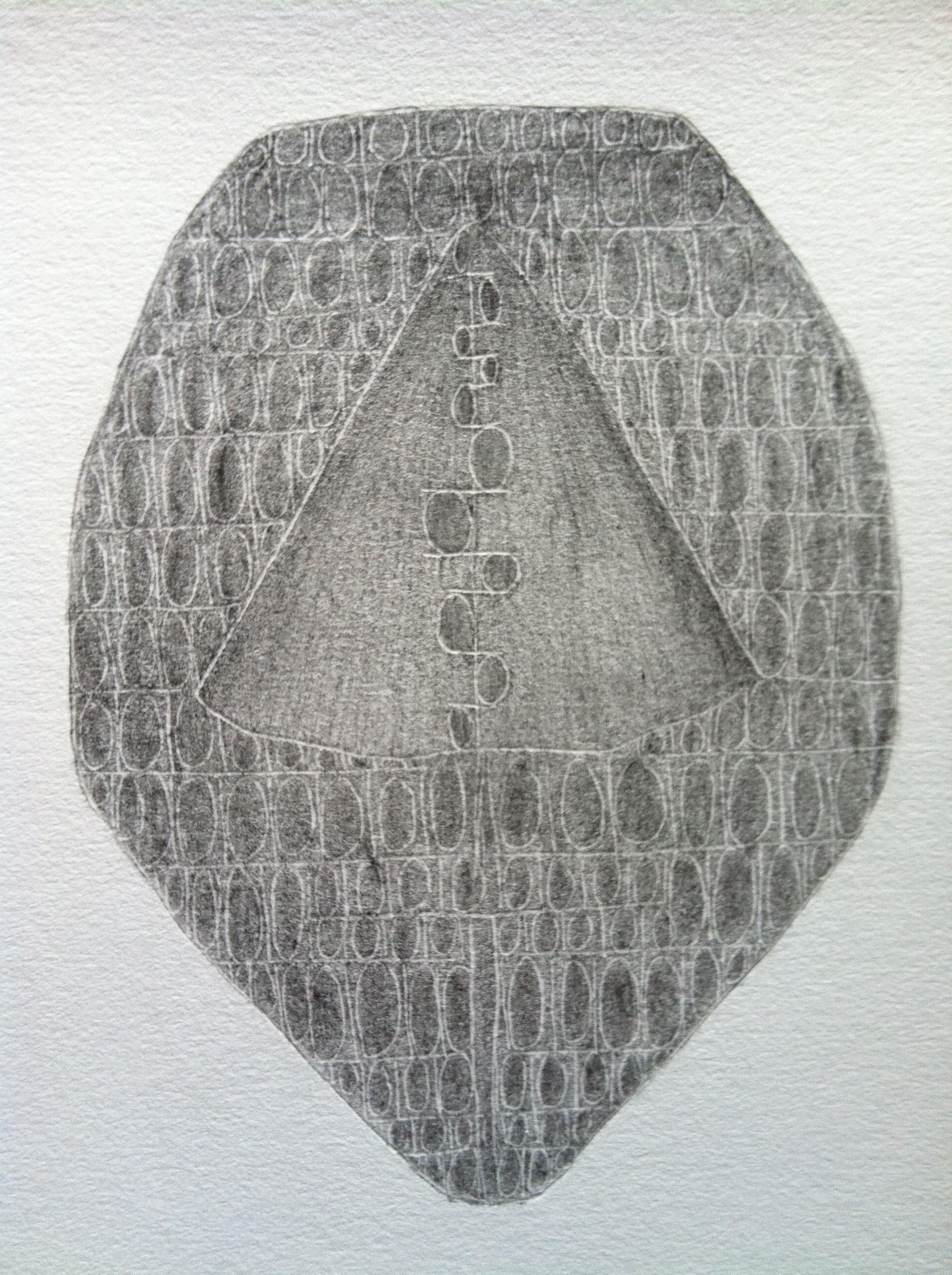The guilty pleasure we take in a zombie flick is first that they scare us and then they get what they deserve. We tell ourselves, “they are not human”. Cool, open season! Let’s sit back and enjoy how gaudily can we disarticulate them. What the undead do to us normals is horrifying and disgusting, what they get in return is our most lethal creativity.(Jule’s comment two posts ago nicely limns the phenomenology of the zombie flick.)
A related guilty pleasure is political invective. During the frustrating Bush #43 years, I felt almost suffocated by the rhetorical fog (“Patriot Act”, “Operation Iraqi Freedom”,”the Axis of Evil”, “trickle down economics”, “enhanced interrogation). Trenchant criticisim spiked with invective was emotionally and intellectually liberating. Bloggers like the Rude Pundit debased an already debased political language and pointed it in the other direction. The invective of the liberal blogosphere was and continues to be particularly creative in describing the rigid right wing: ,”slack jawed yokels”, “shoutycrackers”, “half-mad dingbats”, “wingnut wahabis” and “skeevy old white people with a thick shell of nutzoid shellac” (to list a few exemplary epithets). In a public Facebook post, I myself once described Republicans as “dim-witted gibbons”.
I apologize for that remark. With that remark I became a zombie; so much a disciple of my own certain beliefs that I could turn all who disagreed with me into Objects of my scorn.
I am not being a scold: political invective can still occasionally amuse me and invigorate my outrage. I do not believe that civility in discourse is a trumping issue: where would African Americans be today if they put civility in discourse above speaking the truth to power? I am making a smaller point as a reminder to myself: you cannot hope to fully understand another’s subjectivity if you do not grant them their subjectivity.


Mylor —
I suppose one view of zombies could be that they are less representations of an outside force than an inside one. Perhaps they are the undead but unconscious parts of ourselves — an evil “something” whose rather stupid destiny is to try to overwhelm us. Zombies are unlike, say, vampires, creatures that have a more conscious experience, can appreciate beauty, and therefore draw a certain sympathy — enough that a novelist like Anne Rice turned them into pretty complicated and sexy celebrities, in turn causing us to wonder about what it might be like to be one. Zombies don’t have that at all. No one will ever idolize them. They are more than step down from Orcs, Tolkien’s classic evil force, things that actually have some sense of military organization and actually work for a living in the mines. Zombies by comparison can neither love — like vampires — nor work — like Orcs — to use a famous definition of psychological health. They are at a lower rung, I’m afraid, dangerous but also sort of pathetic except when group size becomes too large.
Zombies are simply an overwhelming mass. Their only weapon is to make us part of them. In this, they might not even symbolize unconsciousness, per se. Maybe they only point to what’s left over when you lobotomize your own experience, which is to say, when you can no longer stand the pain of conscious self-awareness, of states such as guilt, cowardice, disappointment, naiveness, the loss of illusion about self and others, the loss of a fantasy life, emptiness — and preeminently, vague discomfort. We’d rather be zombies (or run from them) than face each other and our dilemmas, including the big ones, like divisive political conflict in the face of encroaching climate change. We’d rather throw up a cloud of threatening ambiguity than actually talk to each other or create a community of action. We have to fight the zombies off first before we can face the task of saving the world — which in a way just means we have to deal with the zombies we’ve become.
Within this view, the thing that isn’t dead or alive is us. The mass quality and the infectious biting represent our own system of defenses against an enemy within. Zombies represent the preferable threat, the preferred distraction, the “scary” but nebulous anxiety that helps us procrastinate — else why would they be so reassuringly easy to destroy at the same time they are taking over the planet?
In this our overuse of mindless belief in our own politics is pure zombie-ism — a temporary, cinematic antidote signaling how subjectivity and the truth of our condition have become far too much to bear.
Glad to see you blogging.
All the best
Dan